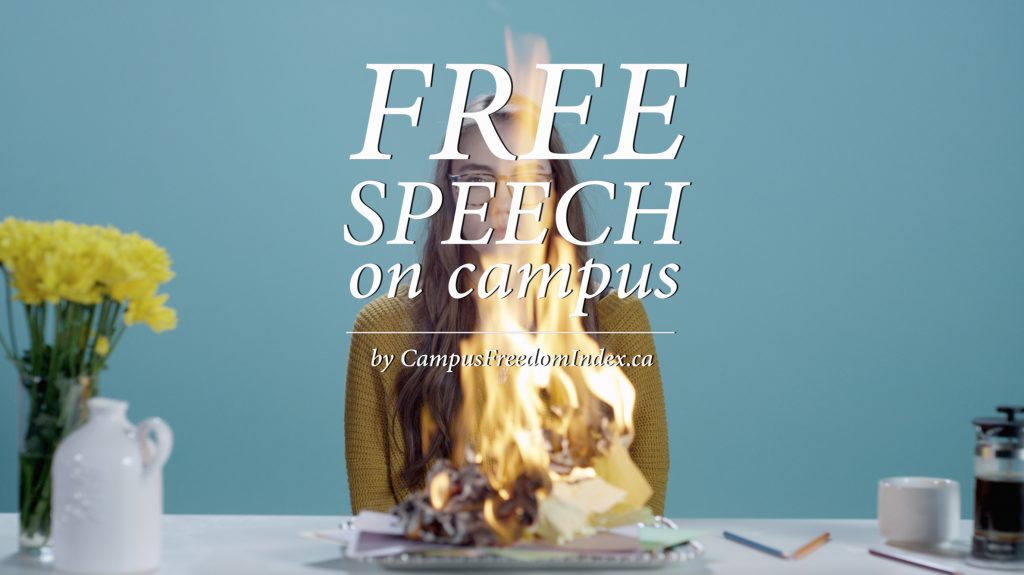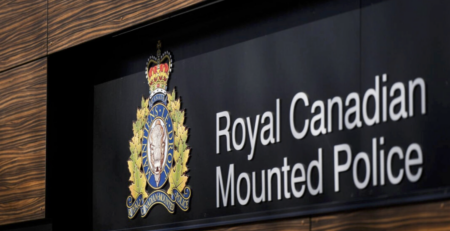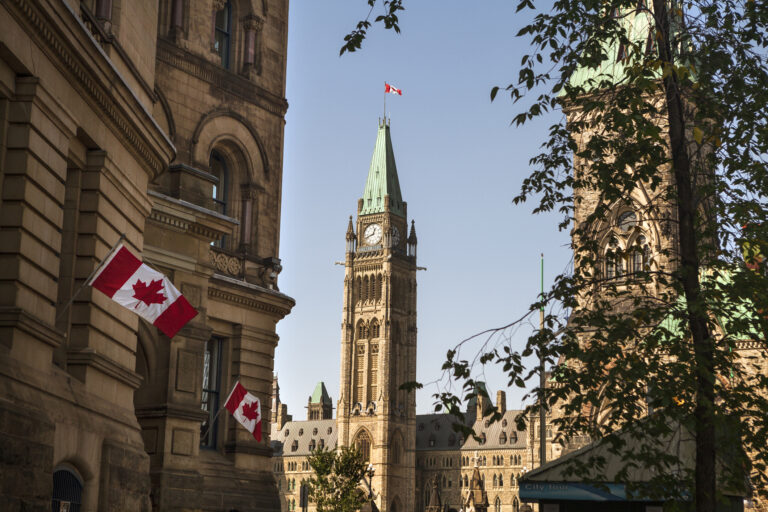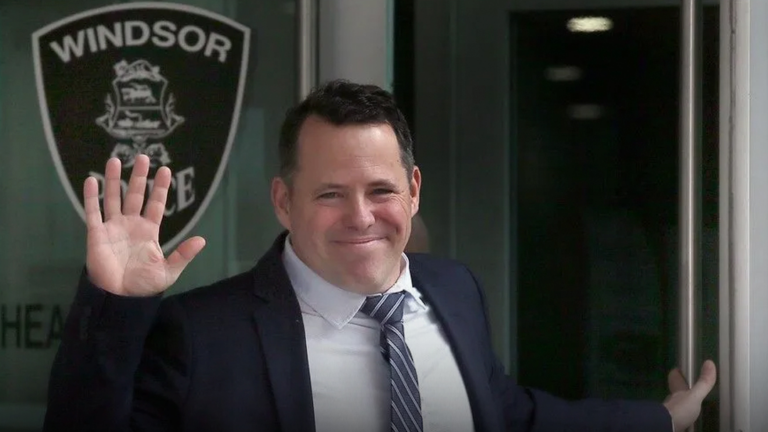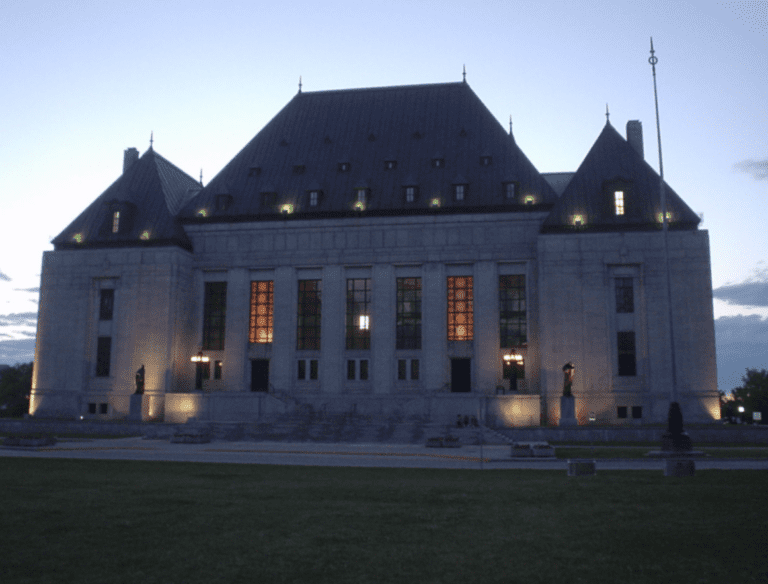TORONTO: The Justice Centre for Constitutional Freedoms (JCCF.ca) expressed its disappointment with the rulings of the Ontario Superior Court of Justice in the cases of Arriola v. Ryerson Students’ Union, Naggar v. The Student Association at Durham College and UOIT, and Zettel v. University of Toronto Mississauga Students’ Union. All three cases were heard together in Toronto, January 24, 2018. The decisions were released February 26.
In each of these three court applications, the Justice Centre’s clients sought a declaration from the Court that the decisions to deny their student groups permission to operate on campus violated the student unions’ own rules, the rules of natural justice, was made in bad faith and was in violation of the students’ freedom of expression and freedom of association.
The Court agreed with the Justice Centre that it has jurisdiction to review the decisions of student unions, including decisions of the student unions to deny student groups club status. While noting that student union membership is conscripted and non-voluntary, the Court’s decisions in effect permit the student unions to discriminate against students on the basis of their views. It failed to hold that the decisions of the three student unions to deny club status were made in bad faith and in violation of the rules of natural justice.
The applicants include the Ryerson’s Men’s Issues Awareness Society (MIAS), a student group that was denied club recognition by the Ryerson Students’ Union. MIAS was established in 2015 by students at Ryerson “to host discussions and bring social awareness to issues that disproportionately affect men and boys, such as higher rates of suicide, homelessness, workplace injuries and failure in school.” Nearly half of MIAS’ members are women. On October 19, 2015, MIAS submitted its application to RSU for recognition as a student group. At a meeting with RSU’s Student Group Committee on October 26, RSU told MIAS that there was no need for a men’s issues group. RSU took the position that other groups like the Women and Trans Collective were already addressing many of the issues MIAS sought to focus on. Further, RSU claimed that men have “systemic privilege,” and that a group focused on men’s issues would “harass” women and make them feel “unsafe”. On October 27, 2015, MIAS was informed that its application for club status had been rejected.
Another applicant, UTM Students for Life, challenged the University of Toronto Mississauga Students’ Union (UTMSU) after it refused to renew the club status of UTM Students for Life for the 2015-16 year, effectively barring the student group from using the student centre and accessing student union resources. As a result, in September of 2015, Students for Life could not join other campus clubs in setting up a table during clubs’ week—a key event for recruiting new members. UTMSU had granted club status for Students for Life in the 2014-15 school year, but changed its mind specifically because of Students for Life’s “stance on Abortion”.
The third applicant, Speak for the Weak, challenged the 2015 refusal of the Student Association of Durham College and University of Ontario Institute of Technology to grant club recognition due to Speak for the Weak’s stance on abortion. The Student Association claims that allowing a pro-life club on campus would constitute “systemic societal oppression”, and would violate “human rights”. The Student Association further claims that only clubs which support abortion are “equity-seeking” and therefore allowed on campus.
“The Court’s erroneous decision, if left to stand, will make it much more difficult for students with minority viewpoints to participate in the free exchange of ideas on campus,” stated Justice Centre president John Carpay.
“To make matters worse, these students are still conscripted into paying membership dues to these student unions, despite not being able to receive equal access to services provided by these unions,” continued Carpay.


